Tips on Which Footwear to Bring to Different Destinations
This is a guest post by Emily Hart, a travel stylist and footwear expert with a passion for combining comfort and fashion on the go. With years of experience advising clients on packing the perfect travel wardrobe, she specializes in […] The post Tips on Which Footwear to Bring to Different Destinations appeared first on Hopping Feet.

This is a guest post by Emily Hart, a travel stylist and footwear expert with a passion for combining comfort and fashion on the go. With years of experience advising clients on packing the perfect travel wardrobe, she specializes in finding versatile footwear options that suit a variety of destinations and climates. Emily loves helping travelers step out in style without sacrificing comfort, no matter where their journey takes them.
Choosing the right footwear for any trip can significantly enhance the travel experience. Different destinations demand specific types of shoes to ensure comfort and practicality, whether wandering the streets of a bustling city or hiking in the mountains. With careful consideration, travelers can avoid blisters and enjoy their adventures fully.
In urban environments, breathable sneakers or stylish flats may be ideal for city strolls, providing both comfort and style. Conversely, sand-coated beaches call for flip-flops or water shoes, while rugged terrain requires sturdy hiking boots. Understanding the nature of the destination is essential for making informed footwear choices.
Comfort should never be compromised. Well-fitted shoes and supportive insoles can make the difference between a delightful experience and a painful journey. Selecting the right footwear tailored to the specific activities planned can lead to a more enjoyable and memorable trip.
- Factors Affecting Footwear Choice
- Essential Footwear for Various Destinations
- Specialized Footwear Considerations
- Maintaining Foot Comfort and Health
- Footwear Packing Tips
- Adapting Footwear to Changing Conditions
Factors Affecting Footwear Choice
Several factors influence footwear selection for different destinations. Understanding these can help ensure an enjoyable and comfortable experience.
Climate
The weather can significantly impact footwear choice. Warm climates may require breathable sandals or lightweight shoes, while cold climates necessitate insulated boots.
Terrain
The type of terrain determines the necessary support and traction. For hiking or rough trails, sturdy boots or trail runners with good grip are essential. In contrast, city exploration may allow for comfortable sneakers or flats.
Activities
Specific activities dictate appropriate footwear. Casual sightseeing might call for supportive sneakers. Formal events may require dress shoes or chic sandals.
Duration of Wear
Long days on your feet require comfort. Prioritize cushioned shoes for extended walking. On the other hand, stylish footwear can be suitable for shorter durations.
Cultural Norms
Some destinations have cultural expectations regarding footwear. In certain areas, it is customary to remove shoes before entering homes or temples. Respecting these norms is crucial.
Packing Space
Luggage constraints can limit footwear options. Travelers often need to choose versatile shoes that serve multiple purposes, such as dressy yet comfortable options for various occasions.
Consider these factors to make informed footwear choices that align with the demands of the destination.
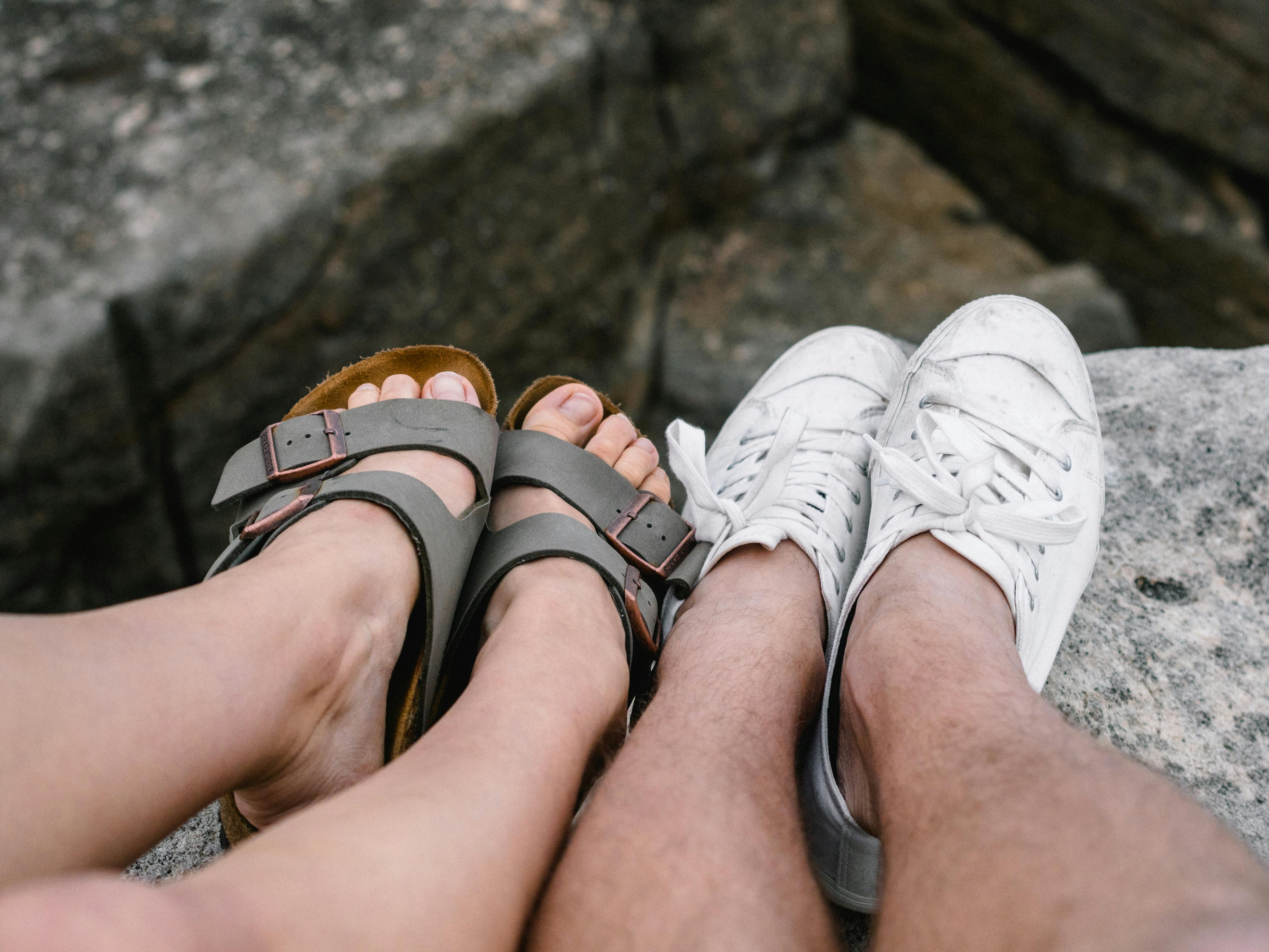
Essential Footwear for Various Destinations
Choosing the right footwear is crucial for comfort and functionality. Different destinations require different types of shoes. Here’s a quick guide: Urban Environments
- Sneakers: Ideal for walking long distances on city streets.
- Loafers: Great for casual outings and slightly dressier occasions.
- Flip-Flops: Lightweight and easy to pack, perfect for sand.
- Water Shoes: Useful for rocky shorelines and water activities.
- Hiking Boots: Provide support and traction on uneven terrain.
- Trail Runners: Offer breathability and comfort for lighter hikes.
- Insulated Boots: Essential for warmth and waterproofing in snow.
- Thermal Sneakers: Good for casual wear while keeping feet warm.
- Dress Shoes: Necessary for weddings and formal gatherings.
- Ballet Flats: Comfortable yet stylish option for women.
- Climate: Footwear should match the weather conditions.
- Activities: Think about what activities are planned.
- Duration: Longer wear requires comfort and support.
Packing versatile options can maximize comfort while minimizing baggage. Choosing the right footwear can enhance the overall travel experience significantly.
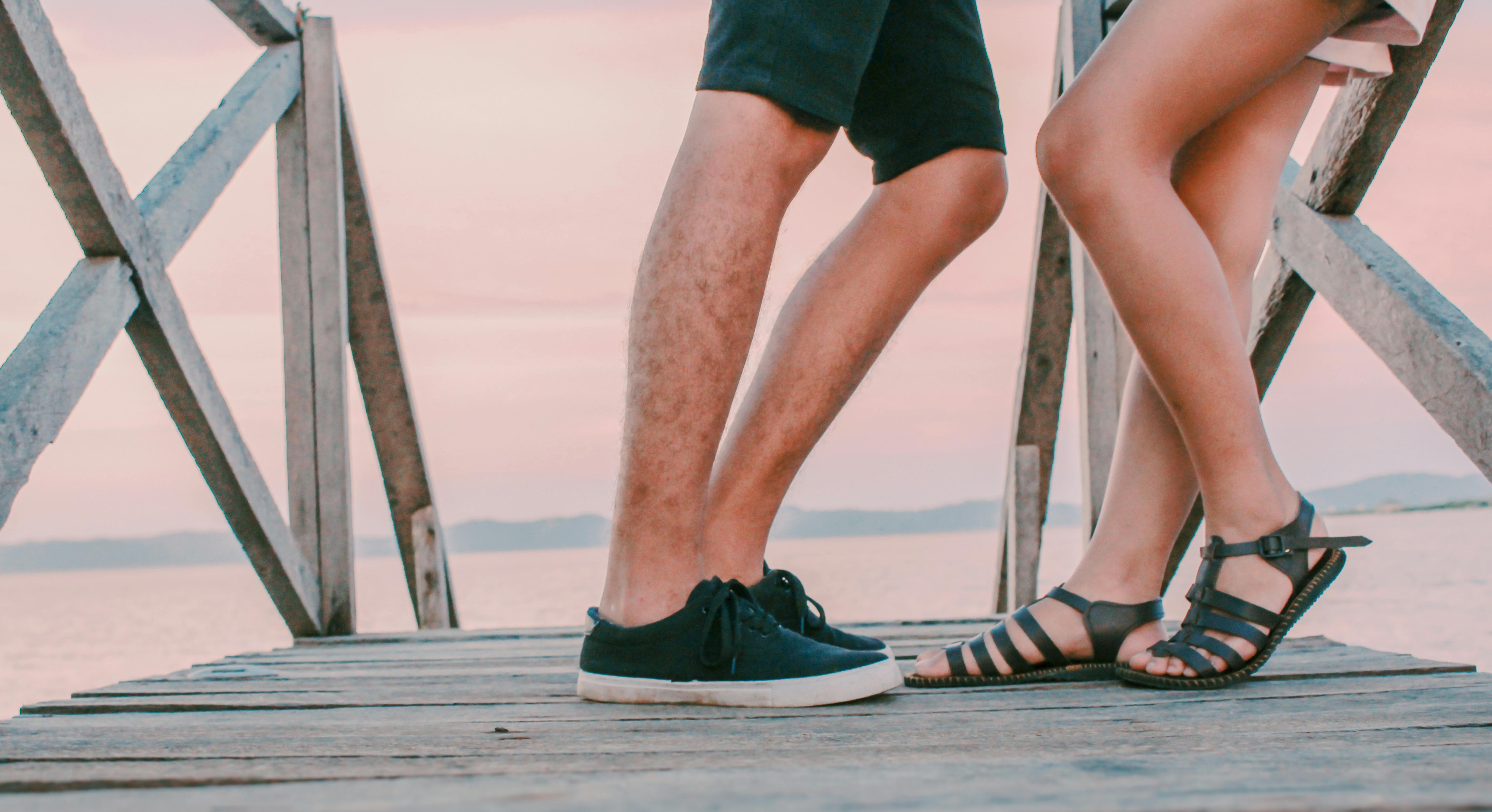
Specialized Footwear Considerations
Choosing the right footwear for specific activities is crucial for comfort and safety. Different environments and activities require specialized footwear designed to meet distinct needs.
Hiking
For hiking, sturdy hiking boots or shoes are necessary. They should provide ankle support and have a rugged sole for traction on various terrains.
Water Sports
For water-related activities, water shoes or sandals are recommended. These should be quick-drying with good grip to prevent slipping on wet surfaces.
Formal Events
In urban settings, heeled shoes or dress shoes convey professionalism. Choose footwear that complements the outfit while ensuring comfort for prolonged wear.
Running
For running, specialized running shoes are vital. They should have cushioning and arch support tailored to the runner’s gait and foot type.
Snow Activities
In snowy environments, insulated, waterproof boots with good grip are essential. This footwear should keep feet warm while preventing slips on ice.
Traveling
For long-haul travel, opt for comfortable sneakers or slip-on shoes. These should be easy to take off during security checks while providing adequate support.
Cycling
Cyclists should select cycling shoes compatible with their bike pedals. They need to offer a stiff sole for efficiency in pedaling.
Consider local weather and terrain when selecting specialized footwear. This approach enhances the experience while minimizing discomfort and risks.
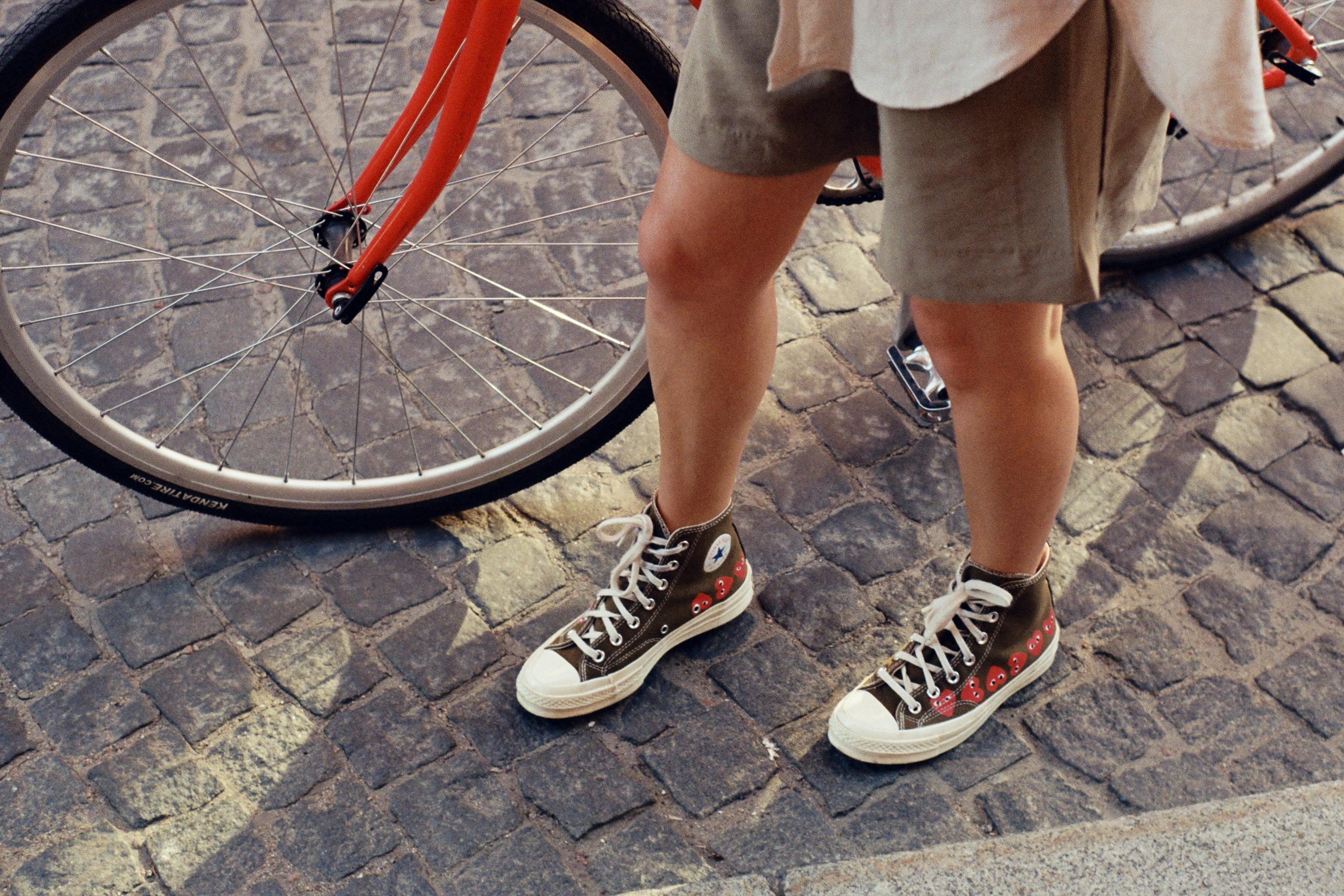
Maintaining Foot Comfort and Health
Foot comfort and health are essential for any traveler. Proper footwear choices play a crucial role in preventing discomfort and injuries during trips. Key Tips for Maintaining Foot Health:
- Wear Appropriate Footwear:
Choose shoes suited for the activities planned. Hiking shoes for trails, sandals for beaches, and formal shoes for events can prevent foot strain. - Break-In New Shoes:
Before a trip, wear new shoes at home. This helps the shoes conform to the foot and reduces the risk of blisters. - Use Arch Support:
Consider using insoles or orthotic inserts for better arch support. This can alleviate discomfort and provide stability. - Keep Feet Dry:
Moisture can lead to blisters and fungal infections. Use moisture-wicking socks and rotate pairs to ensure cleanliness. - Stretch and Exercise:
Incorporate simple foot stretches and exercises into daily routines. This promotes flexibility and circulation, reducing fatigue. - Listen to Your Feet:
If any pain or discomfort occurs, take breaks from walking. Resting can prevent further injury.
Footwear Maintenance:
- Clean shoes regularly to maintain fabric quality.
- Replace worn-out footwear to support healthy foot alignment.
Incorporating these practices ensures travelers remain comfortable and healthy throughout their journey.
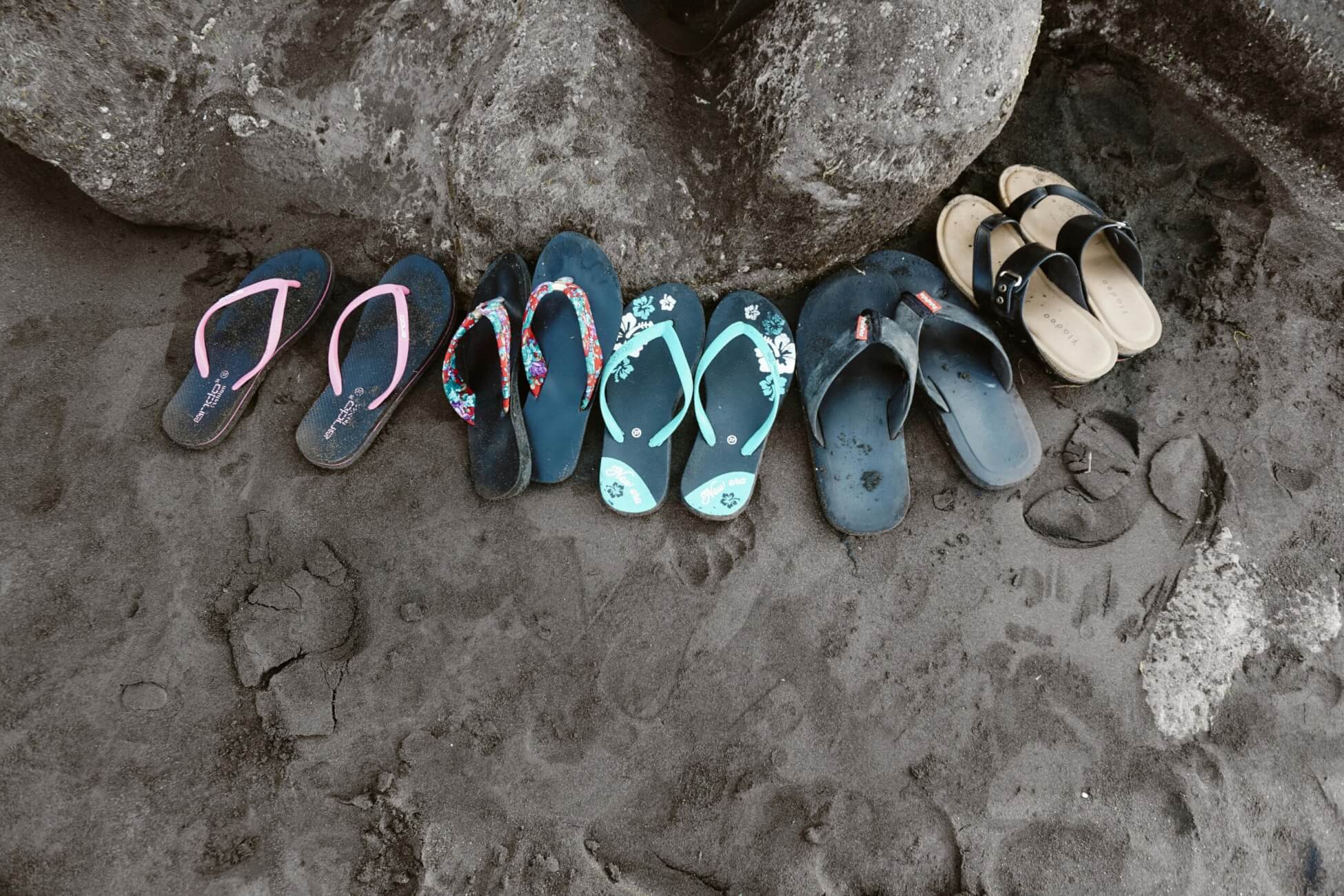
Footwear Packing Tips
Choosing the right footwear for traveling can enhance the experience. Here are some practical tips for packing footwear effectively.
- Assess the Destination
Consider the activities planned. For hiking, sturdy shoes are essential. In urban areas, stylish yet comfortable shoes work well. - Limit Quantity
Aim to pack no more than three pairs. A versatile pair for casual wear, one for formal occasions, and suitable footwear for specific activities should suffice. - Use Packing Cubes
Footwear can take up significant space. Using packing cubes helps keep shoes organized and makes packing easier. - Fill Empty Spaces
Use shoes to store small items like socks or accessories. This maximizes space and keeps things tidy. - Consider Weight
Pack lightweight footwear, especially if mobility is crucial. Heavy shoes can add unnecessary strain while traveling. - Waterproof Options
If traveling to wet locations, consider waterproof footwear. This choice keeps feet dry and comfortable. - Rotation Strategy
Rotate shoes throughout the trip. Wearing different shoes daily can prevent discomfort and allow for quicker drying times.
By keeping these tips in mind, travelers can select and pack their footwear effectively for various destinations.
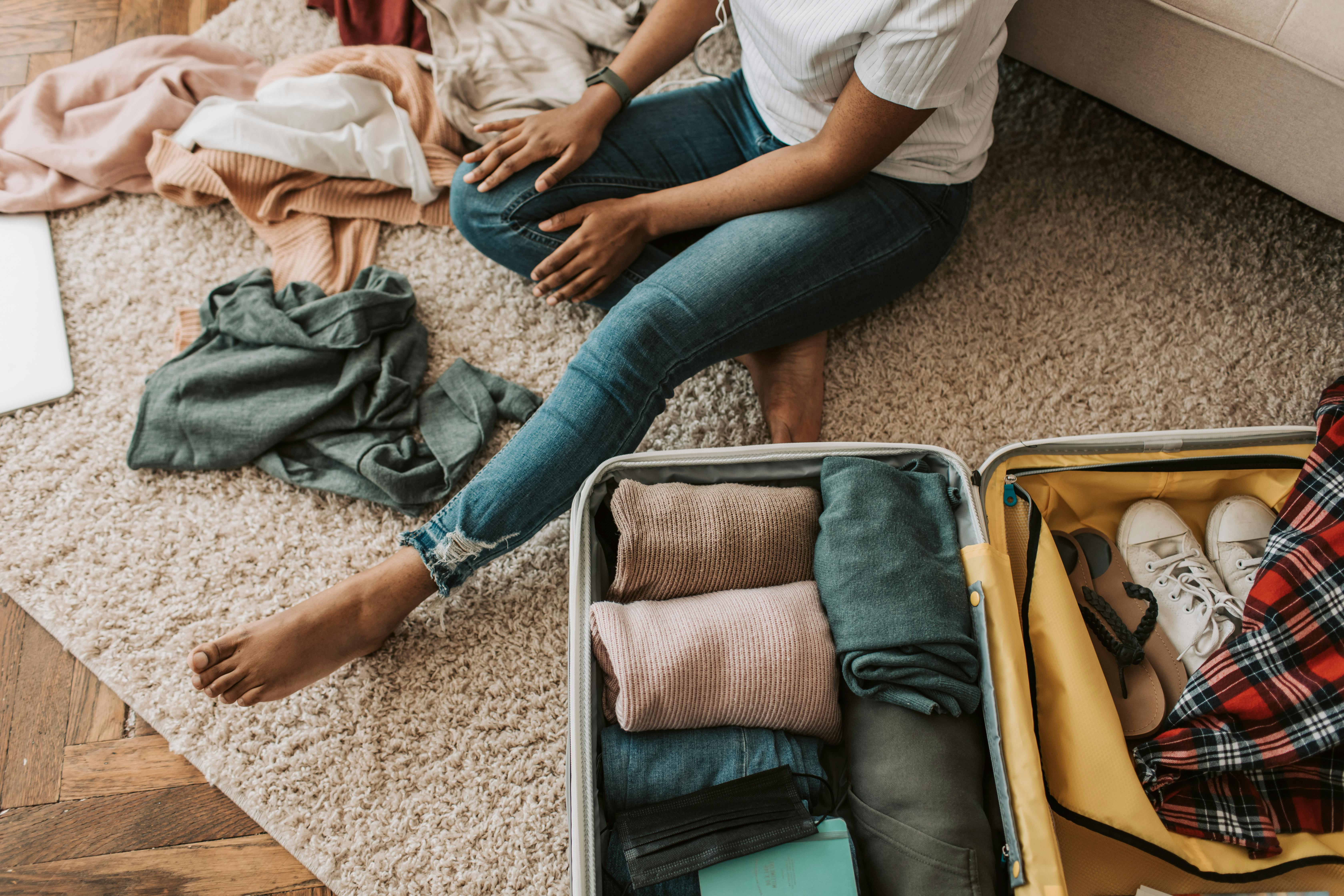
Adapting Footwear to Changing Conditions
Travelers should consider the climate and terrain of their destination when packing footwear. This approach ensures comfort and suitability for various activities. For warmer destinations, breathable shoes like sandals or lightweight sneakers are ideal. They allow for ventilation and help prevent overheating. In contrast, cold weather demands more insulated options. Sheepskin boots are excellent for providing warmth and comfort. They also offer good traction for slippery surfaces. Rainy or wet conditions require waterproof footwear. Consider options like rubber boots or waterproof hiking shoes to keep feet dry.
Checklist for Adapting Footwear:
- Warm climates: Lightweight sandals or breathable shoes
- Cold climates: Insulated boots, like sheepskin
- Wet conditions: Waterproof boots or shoes
- Varied terrain: Sturdy hiking boots
Footwear should also cater to specific activities. For hiking, durable shoes with good ankle support are essential. Meanwhile, casual outings benefit from stylish yet comfortable options.
Bringing multiple pairs can help adapt to these changing conditions. This strategy enhances the overall travel experience and maintains foot health.
The post Tips on Which Footwear to Bring to Different Destinations appeared first on Hopping Feet.
















